Jean Jacques Rousseau’s statement, “There’s no freedom without limitation,” highlights the paradoxical nature of freedom and its relationship with boundaries and limitations. On one hand, freedom is a fundamental human right and an essential aspect of human dignity. It is the ability to act, think, and express oneself freely, without interference from others. On the other hand, absolute freedom is impossible because we are constantly influenced by a complex network of circumstances, societal norms, laws, and institutions that limit and shape our choices and actions.
Rousseau’s idea of “chains” refers to the limitations and boundaries that restrict our freedom. These chains are not necessarily imposed by others, but can also arise from our own limitations, such as physical disabilities, lack of resources, and limited knowledge. Moreover, these chains can also come from the very nature of human existence, such as the need for food, shelter, and security, which limit our ability to act freely.
In a society, these chains are often necessary to maintain order, stability, and protect the rights of all individuals. For example, while we have the right to freedom of religion, this right must be limited if it poses a threat to public safety or violates the rights of others. Similarly, the right to freedom of expression must be limited if it incites violence or spreads hate speech.
Imagine a small town in which a group of individuals decide to openly practice a religion that is considered controversial by the majority of the population. At first, their actions are peaceful and do not pose a threat to the community. However, over time, the group becomes more vocal and begins to engage in actions that are seen as disruptive to public order. For example, they may block busy streets during religious ceremonies, refuse to follow established laws, or engage in behavior that is considered harmful to others.
In this scenario, the town’s leaders must weigh the right of the minority group to freely practice their religion against the safety and well-being of the rest of the community. They may ultimately decide that the group’s actions pose a threat to public safety and that certain restrictions are necessary to maintain order and protect the rights of all individuals.
For example, the town may pass a law requiring all religious ceremonies to be conducted within the confines of a designated area, or may limit the size and duration of religious gatherings in public spaces. These restrictions may be seen as a limitation on the group’s freedom of religion, but they are necessary to ensure that the rights and safety of others are protected.
In a similar manner, the right to freedom of expression must also be limited if it incites violence or spreads hate speech. For example, imagine a public speaker who takes to the stage and delivers a fiery speech filled with hate and animosity towards a particular group of people. This speech may be protected under the right to freedom of expression, but it also incites violence and undermines the safety and well-being of the targeted group.
In such a scenario, the state may take action to limit the speaker’s freedom of expression, such as prosecuting them for hate speech or limiting their ability to publicly express their views. These limitations may be seen as a violation of the speaker’s freedom of expression, but they are necessary to ensure that the rights and safety of others are protected.
Rousseau believed that individuals should have the freedom to pursue their own interests and develop their own sense of identity, as long as they do not harm others. He saw the role of the state as being to ensure that the interests of the individual and the community are balanced, and that the freedom of each person is protected.
However, the balance between individual freedom and the interests of the community is not always easy to achieve, and can lead to conflict and tension. For example, in some societies, the majority may feel that their interests and values are being threatened by the beliefs and practices of minority groups. In such cases, it may be necessary for the state to take action to protect the rights of the minority and maintain social order.
One example of this balance between individual freedom and the interests of the community can be seen in the controversy surrounding the wearing of the hijab, a traditional headscarf worn by Muslim women. In some countries, there have been calls to ban the wearing of the hijab in public spaces, citing concerns about security and the suppression of women. However, proponents of the hijab argue that it is an important expression of their religious and cultural identity, and that banning it would be a violation of their right to freedom of religion and expression.
In France, the issue of the hijab has been particularly controversial, with some politicians and citizens advocating for a ban on the garment in schools and public spaces. The French government has justified the ban on the grounds of maintaining the country’s secularism and preventing the spread of Islamic extremism. However, many Muslim women have protested the ban, arguing that it is discriminatory and violates their right to express their religious beliefs.
The controversy surrounding the hijab is a clear example of the tension that can arise when the rights of individuals come into conflict with the interests of the community. While some may argue that a ban on the hijab is necessary to maintain order and security, others argue that such a ban is an infringement on the rights of Muslim women.
Another example of this tension can be seen in the debate over hate speech laws. In many countries, there are laws that prohibit speech that incites violence or spreads hate against a particular group of people. These laws are designed to protect the rights of marginalized and minority groups, who may be targeted by hate speech and discrimination.
However, proponents of free speech argue that such laws limit their right to express their opinions, even if they are controversial or unpopular. They argue that hate speech should be protected as a form of expression, even if it is offensive to others.
This debate over hate speech laws highlights the difficulty in balancing individual freedom with the interests of the community. While some may argue that the right to free speech is absolute, others believe that the right must be limited in order to protect marginalized and minority groups from discrimination and violence.
The balance between individual freedom and the interests of the community is not always easy to achieve, and can lead to conflict and tension. However, it is important to find a balance that respects the rights of all individuals, while also maintaining social order and stability. In order to achieve this balance, it is necessary to consider the needs of both the majority and minority groups, and to engage in respectful and open dialogue about the issues at hand.
Rousseau’s idea of “chains” highlights the complexity of freedom and its relationship with limitations. While freedom is essential for human dignity, it is not absolute, and must be balanced with the interests of the community and the need for social order. The challenge for society is to strike a balance between individual freedom and the common good, and to ensure that the rights and freedoms of all individuals are respected and protected.

![]()


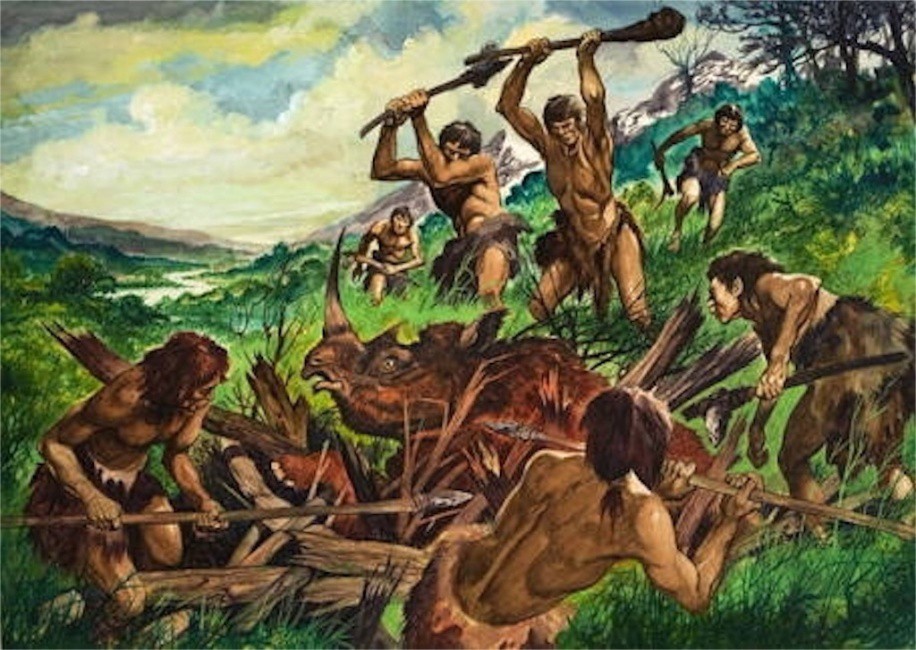


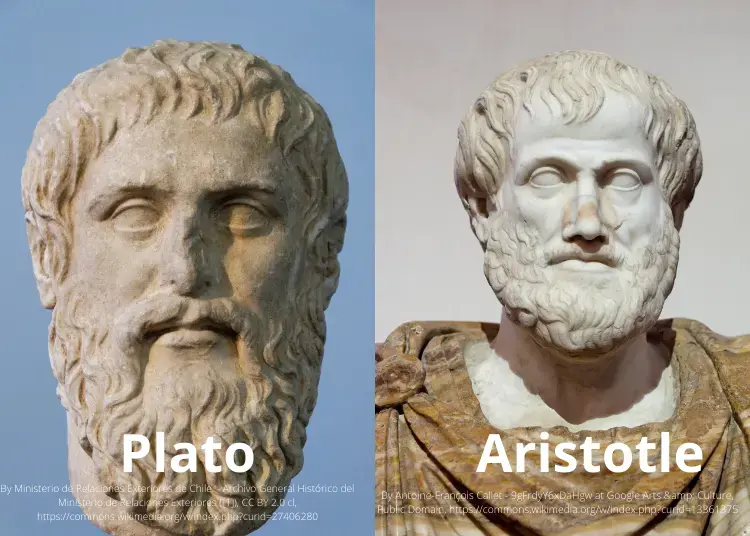
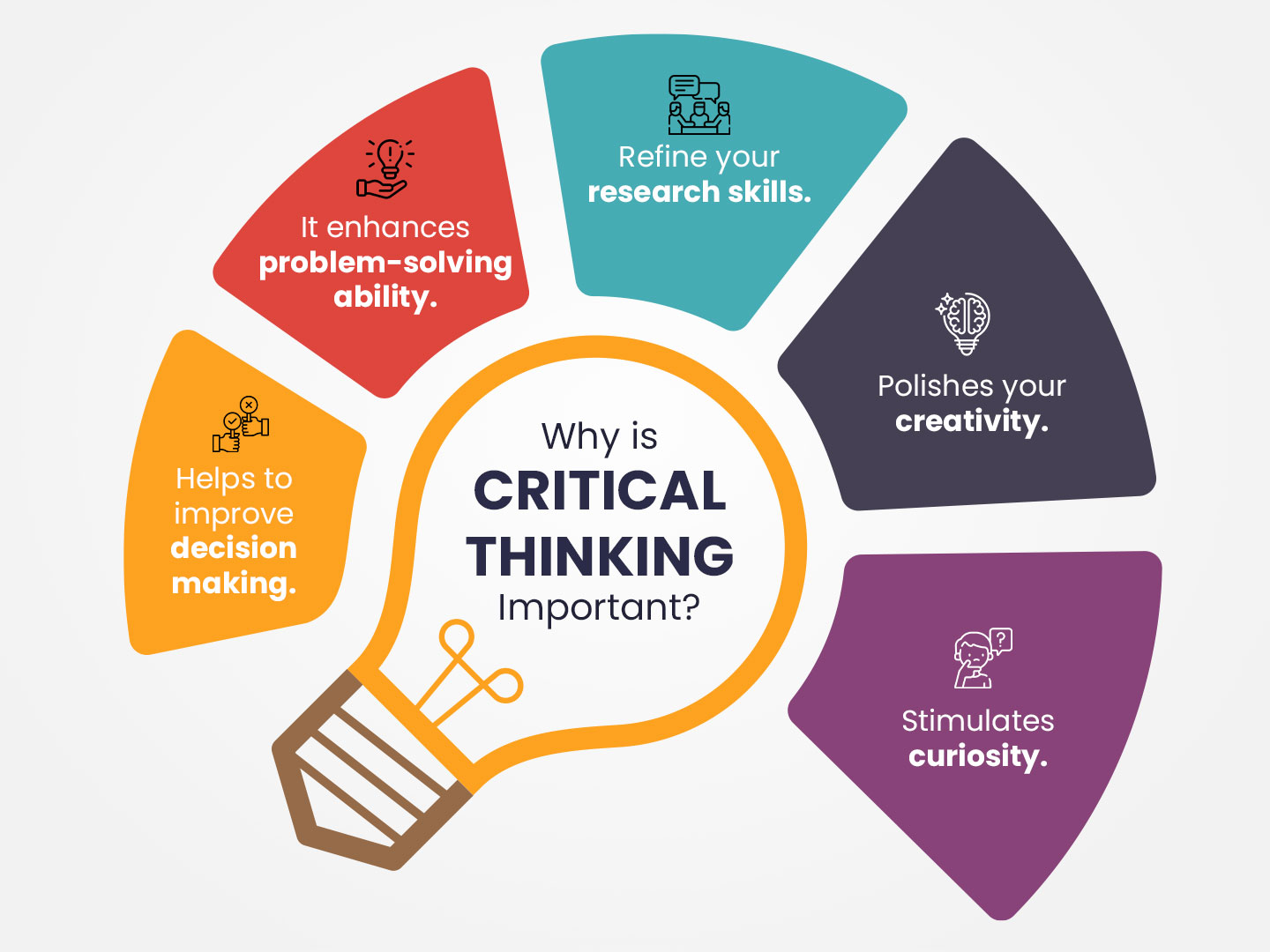

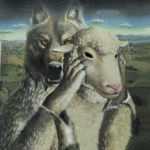
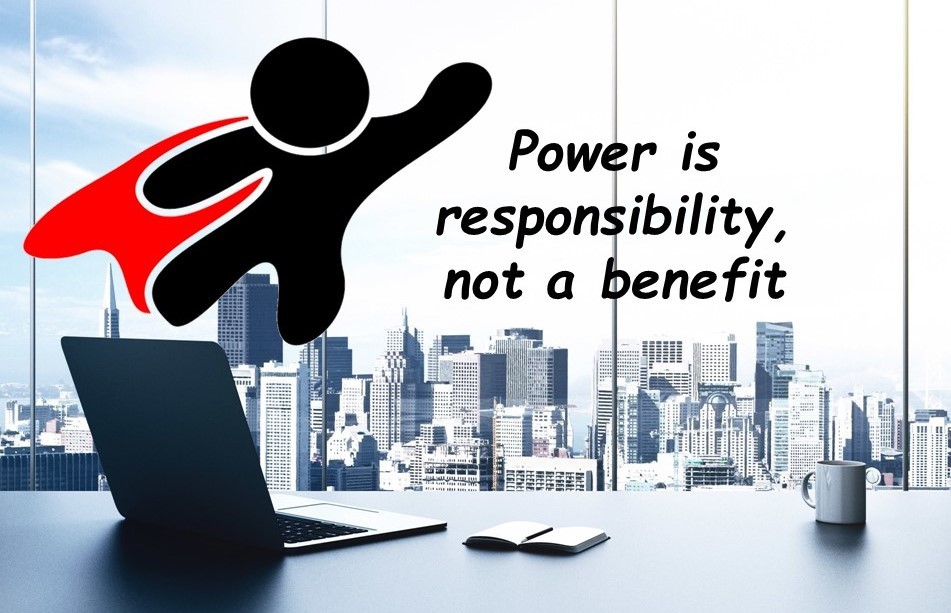

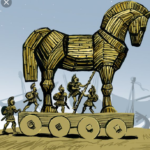










GIPHY App Key not set. Please check settings